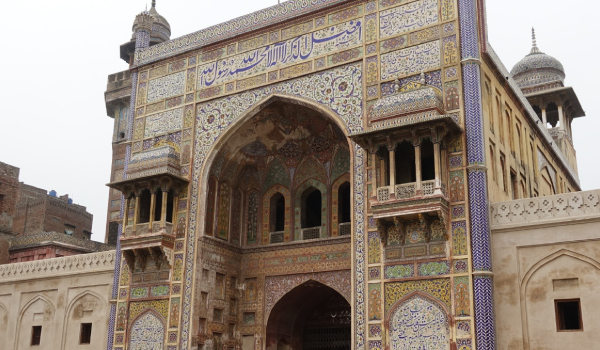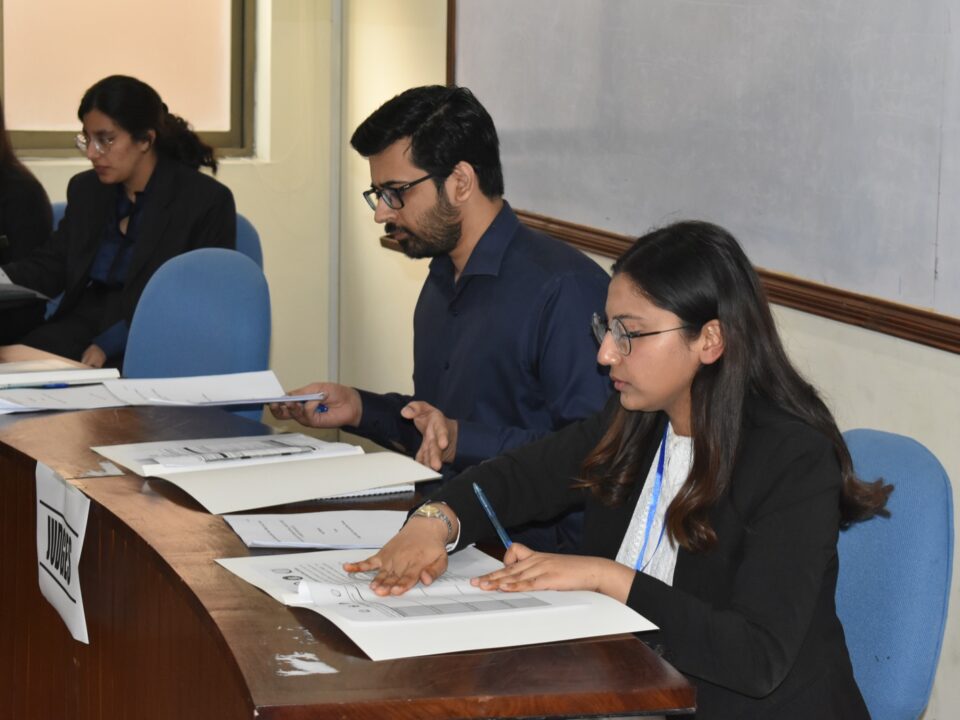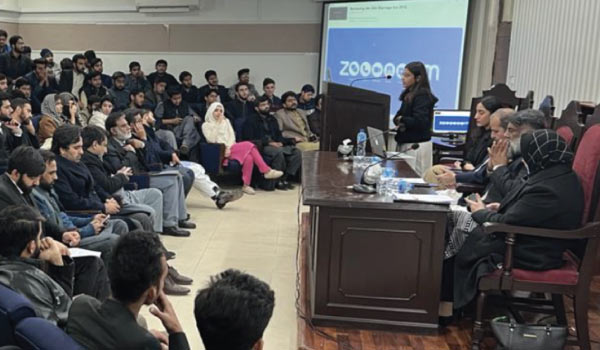ARTICLES
Cultural Heritage
WRITTEN BY
Advocate Ateeb Ali
DATE
10 January 2021

The backbone of a nation is its spiritual and cultural heritage. The ancient education system of Pakistan built by the Indus Valley Civilization is a source of inspiration and understanding for existing people and for future generations. Understanding the past leads to a better understanding of ourselves and of the human potential to shape a better future. The Centre works for respect and preservation of Pakistan’s archaeological and historical record, cultural monuments and objects and the living environment and culture built around it. Members of the Centre are representatives of the International Law Association Committee on the Preservation of Cultural Heritage in Pakistan and represent the country at international forums on preservation of cultural heritage.
With respect to the archaeological and historical record:
We support the preservation of prehistoric, historic, and other cultural resources while maintaining respect and appreciation for the diversity of cultures. We encourage preservation “in situ” of significant prehistoric, historic, and cultural resources. When archaeological excavation, collection or recovery of cultural resources takes place, it should occur through scientific means including appropriate documentation, conservation, and curation of these resources by legally authorized individuals and institutions using the least destructive techniques possible to avoid harm to the cultural and historical record.
With respect to collection, display, and exchange of cultural objects:
We support lawful and responsible collecting of objects of cultural, historical, archaeological, literary, artistic or scientific importance by individuals and institutions in ways that do not cause harm to the cultural and historical record. We also encourage the lawful and ethical exchange of cultural objects as a way of increasing cross-cultural understanding among peoples. We support activities of museums and other institutions to borrow, collect, conserve, preserve, study, publish, and display cultural objects. When origin of an object in a collection is undocumented or title is unclear, we believe that an institution has an affirmative obligation to make this information public. Institutions also have the obligation to address and resolve fairly potential restitution claims, whether by other institutions, individuals, indigenous groups, or states.
With respect to the built environment:
We support sustainable development through heritage conservation. We support the enactment and enforcement of laws that protect buildings, structures, streetscapes and landscapes that have historic, architectural or other cultural significance. We also support the use of public incentives for historic preservation by the private sector through tax incentives and other means of financial support. There is in undisputed economic viability of development that promotes revitalization of communities through rehabilitation of sites and structures of historic and architectural significance.



